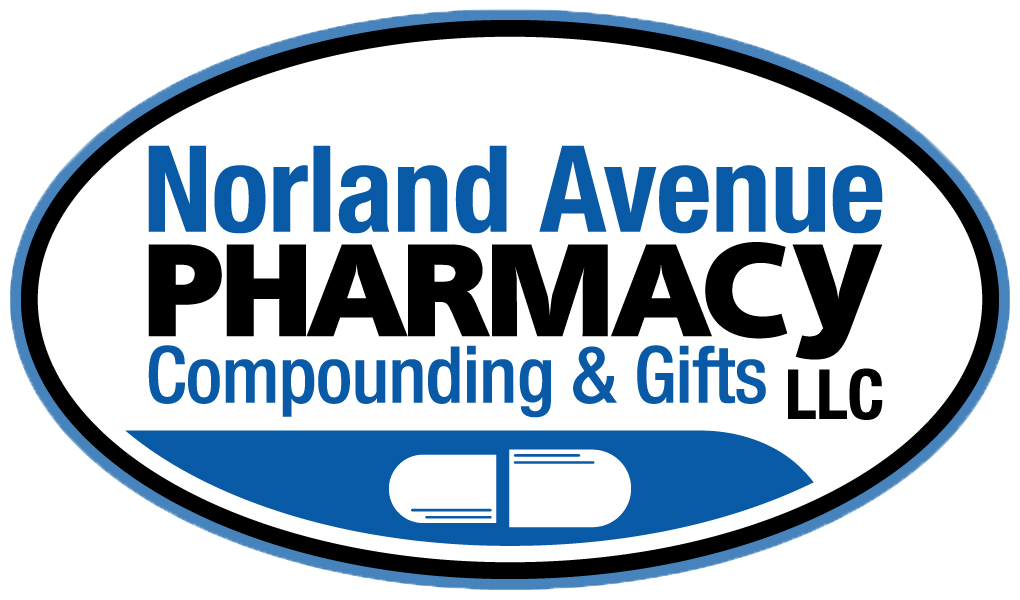ADDRESSING SEASONAL ALLERGIES
- Norland Avenue Pharmacy
- May 7, 2024
- 3 min read
Spring brings excitement as the warm weather beckons you to return to the great outdoors. However, for many of you, the spring weather also brings with it pollen and seasonal allergy symptoms that make you want to hide inside with the windows and doors shut tight. Seasonal allergies—also known as hay fever—result in symptoms like itchy, watery eyes; sneezing; stuffy nose; sore or itchy throat; congestion; and headache.

STEP 1: The first step in addressing seasonal allergies is to find the best allergy medicine for you and your symptoms.
Antihistamines: These are a great first step in relieving seasonal allergies. They work by blocking “histamine,” which is a chemical released by your immune system when your body detects something harmful. In the case of seasonal allergies, your immune system is overreacting to certain allergens when it releases histamine. And that overreaction is what causes all those allergy symptoms.
There are several brands of oral antihistamines on the market. Some, like Benadryl, are very effective at reducing allergy symptoms but can cause drowsiness. Newer medications such as Claritin, Allegra, Xyzal, or Zyrtec have reduced these side effects. There are also generic versions of these brands that are just as effective but less expensive.
If itchy, watery eyes are your problem, antihistamine eye drops like Zaditor (ketotifen) and Pataday (olopatadine) are available to help.
Nasal Steroid Sprays: Sprays like Flonase and Nasacort work well with antihistamines, helping bring down the inflammation in your nose and sinuses to relieve congestion, runny nose, sneezing, and watery eyes.
Unlike decongestant nasal sprays such as Afrin or Sinex, nasal steroid sprays can be used once or twice a day over the course of several weeks. Just know that it can take a week or two of consistent use for them to start working. This consistent use helps keep symptoms under control throughout the allergy season.
Decongestants: Oral medications like Sudafed, along with those nasal decongestants mentioned above, can help relieve stuffiness. But you run the risk of side effects that include higher blood pressure, increased heart rate, irritability, or insomnia. Because of potential side effects, decongestants should only be used short-term—three to five days max—when allergies are severe.
A More Natural Approach: If you prefer a more natural approach to addressing your symptoms, there are several options in the wellness center at Norland Avenue Pharma-cy. Our favorite is Healthy Living Solutions’ All Season Support. This supplement is a powerful and comprehensive blend of nutrients and botanicals that is capable of helping to normalize your body’s response to environmental “debris”. This response in-volves helping to support the normal, healthy release of biochemicals that cause inflammation and other symptoms associated with allergies and exposure to environ-mental allergens.
All Season Support is a formula with over 10 years of proven results and features Stinging Nettle (helps stabilize the release of histamine from mast cells), Quercetin (shown to support the normal, healthy release of histamine), and Bromelain (helps support a healthy response to inflammation), as well as Vitamin C, Turmeric, Ginger, and Fever-few.
Prescription Medications: When over-the-counter allergy medications don’t do the trick, a prescription medication like Singulair (montelukast) is also available.
STEP 2: The next step is knowing when to take your allergy medication. It is recommended that you start taking your allergy medication about two weeks BEFORE the allergy season and your symptoms begin. Then, continue taking them regularly throughout the rest of the season. Once inflammation starts, it may take longer to get relief.
Oral antihistamines take about a half hour to get into your system. Bedtime is a good time to take allergy medications. Many last 24 hours, which means they’ll be working through the next day.
For the more natural All Season Support, we recommend taking three tablets daily to keep symptoms at bay. If you are already struggling with symptoms, you should double the dose, three tablets twice a day.
STEP 3: Consider nasal washing with sinus rinses. Sinus rinses are a popular seasonal allergy treatment that you can do at home, working well with antihistamines and nasal sprays. The neti-pot is available at Norland Avenue Pharmacy comes with packets to mix with warm, distilled water to create a saltwater solution. Using the pot to pour the solution through your nasal cavities, you can flush out gunk and allergens to reduce swelling and ease symptoms.
As always, if you have any questions, please stop by or give us a call anytime!
*These statements are culmination of the knowledge and experience of the team at Norland Pharmacy. The information provided here is for informational purposes only. Please consult your healthcare provider with questions concerning any medical condition or treatment.




Comments